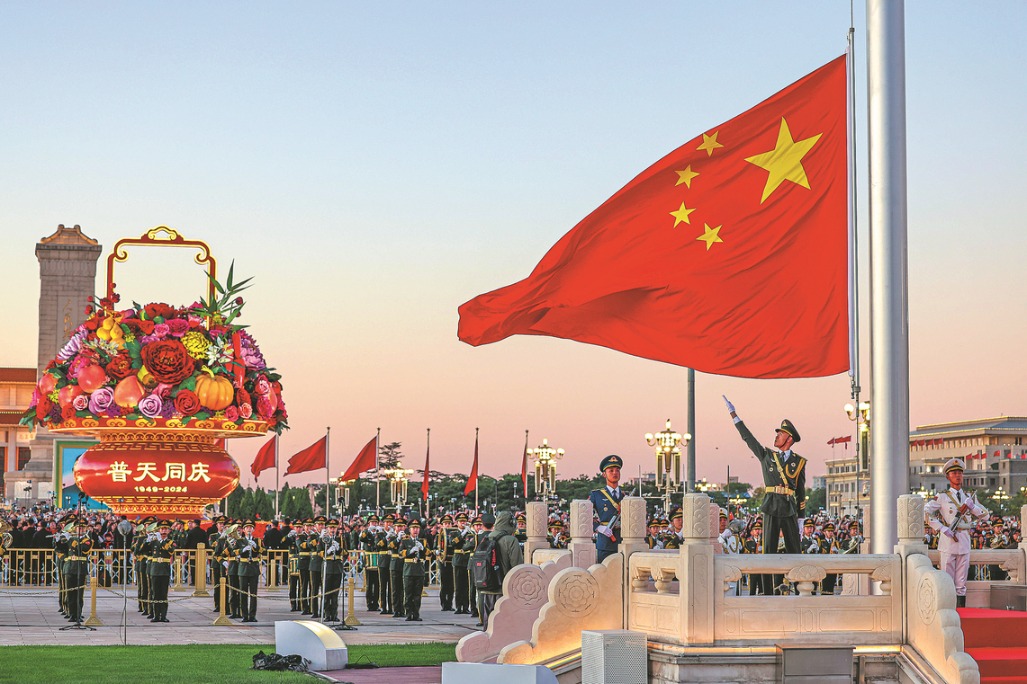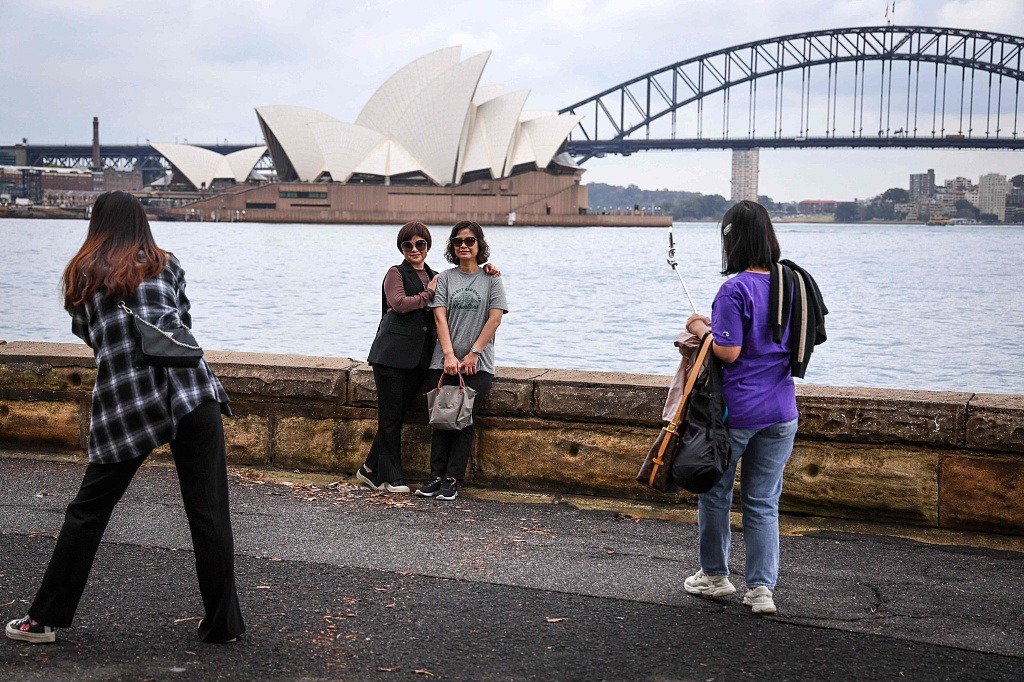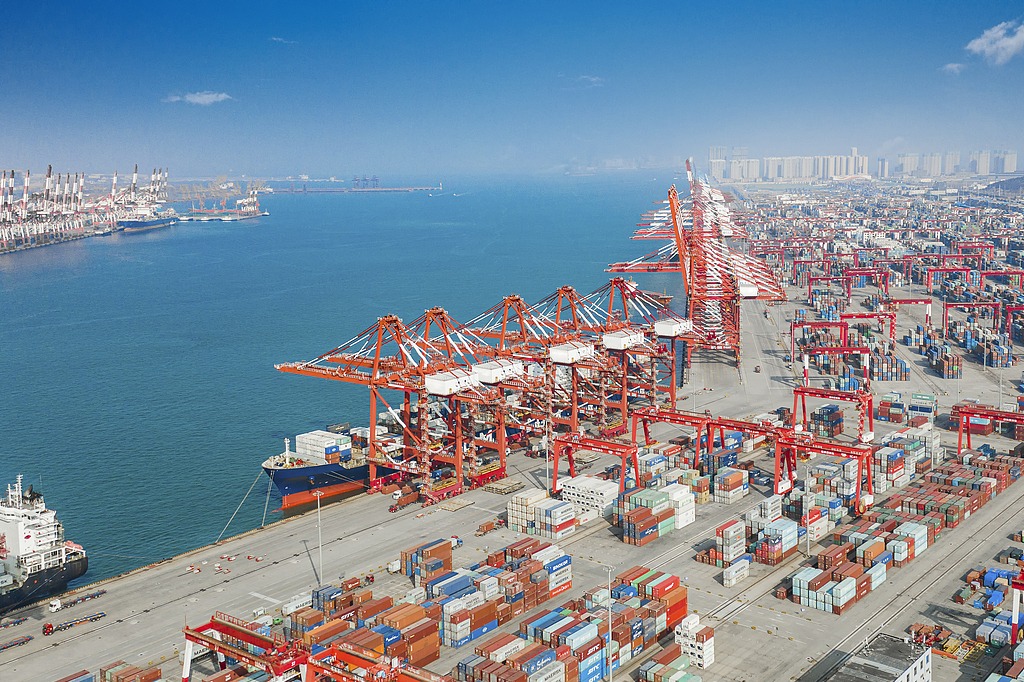Role of BRI in Malaysia's growth hailed
By XU WEI and ZHANG LI in Nanning | CHINA DAILY | Updated: 2023-10-04 07:46

Anwar highlights contributions made to rural infrastructure, job opportunities
Malaysian Prime Minister Anwar Ibrahim has highlighted the significance of the China-proposed Belt and Road Initiative in enhancing the growth of his country, lauding the BRI for creating job opportunities and building infrastructure, especially in the rural heartland.
He told reporters in a recent group interview that the BRI, first proposed by President Xi Jinping in 2013, has harnessed the collaboration between China and Malaysia and delivered wide-ranging benefits for both nations.
Malaysia has benefited from the East Coast Rail Link, a project connecting shipping ports on the country's east and west coasts, he said.
The rail link, which is Malaysia's most high-end infrastructure project so far and involves constructing 40 tunnels from Kelantan to Selangor, is being undertaken by China Communications Construction Company. It is expected to greatly enhance connectivity and bring more balanced growth to Malaysia by linking its less-developed region on the east coast to the economic heartland on the west coast.
Anwar said he hopes the project will be completed within a year. "It is a great showcase of the relationship between China and Malaysia," he added.
In 2017, the two nations signed a memorandum of understanding for BRI cooperation, and trade between them grew 15.3 percent year-on-year to $203.59 billion last year. China has been Malaysia's largest trading partner for 14 consecutive years.
Anwar highlighted the potential of Malaysia-China relations not only in terms of trade, economy and investment, which he said are pivotal to Kuala Lumpur, but also in terms of education, training, digital transformation and food technology.
"I think the relationship between Malaysia and China, which is extended to the Association of Southeast Asian Nations, has a great future," he said.
He mentioned China's Rongsheng Petrochemical and Zhejiang Geely Holding Group, which announced their investment commitments to Malaysia as part of the 19 memorandums of understanding that were inked between Malaysian and Chinese companies during his official four-day visit to China from March 29 to April 1.
Anwar's second trip to China within this year was in September, when he was among the leaders who attended the 20th China-ASEAN Expo and the China-ASEAN Business and Investment Summit in Nanning, the capital of the Guangxi Zhuang autonomous region. He said the meetings he had with Chinese leaders were "cordial and beneficial", as they addressed a number of bilateral, regional and global issues.
During his talks with Premier Li Qiang in Nanning, Anwar pledged support to China in joining the Comprehensive and Progressive Agreement for Trans-Pacific Partnership, while expressing his readiness to enhance bilateral cooperation over infrastructure, the digital economy and green development.
China and Malaysia are both participants in the Regional Comprehensive Economic Partnership, which took effect in January last year. China has already filed its application to join the CPTPP, a trade agreement of 12 countries including Malaysia. China and ASEAN members are also conducting negotiations over version 3.0 of the China-ASEAN Free Trade Area.
Anwar said that Malaysia, as well as the other ASEAN members, will welcome more free trade agreements with China. "The more arrangements and agreements we make with China or the regional party, the more benefits we can accrue from such collaboration," he said.
























